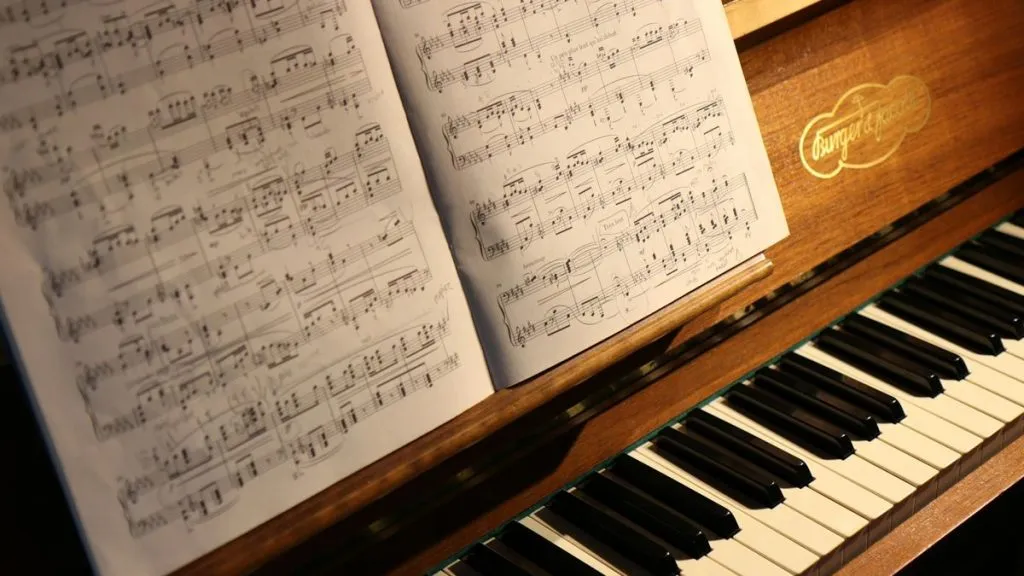Photo Credit: Lorenzo Spoleti
How accurately can humans identify music created using artificial intelligence? A new study conducted by MIT Technology Review reveals humans struggle against diffusion-created AI music from platforms like Suno and Udio.
Diffusion models for creating music don’t compose songs the same way a human might, by starting with chords and adding vocals and drums. Instead, these models generate the noise of music all at once—visualized by a waveform. With hundreds of millions of waveforms from human generated songs, AI platforms like Suno and Udio can create a model capable of generating AI music.
“A model is fed millions of clips of existing songs, each labeled with a description. To generate a new song, it starts with pure random noise and works backward to create a new waveform. The path it takes to do so is shaped by the words someone puts into the prompt,” O’Donnell writes of these AI services. That backwards generation is the exact opposite of how humans write music—but the human ear struggles to differentiate from the two.
While major labels are suing both Suno and Udio for training their models on copyrighted music at an “unimaginable scale,” these companies argue that training models are fair use. Udio says it has model filters in place to prevent the model from “reproducing copyrighted works or artists’ voices.”
O’Donnell spent a few days playing around with Udio’s model for a test. Generating 30-second samples, he created tracks in 12 genres of music and asked the newsroom team at MIT Technology Review to identify the songs made by AI amid other songs created by people.
“The average score was 46%,” O’Donnell reveals. “And for a few genres, especially instrumental ones, listeners were wrong more often than not.” O’Donnell says when he watched people take the test, he noticed that qualities they confidently flagged as AI compositions—fake-sounding instruments, weird lyrics—were not always right.
“Predictably, people did worse in genres they were less familiar with; some did okay on country or soul, but many stood no chance against jazz, classical piano, or pop. Beaty, the creativity researcher scored 66%, while Brandt, the composer, scored 50%.” With just a few text prompts, O’Donnell created music that humans couldn’t pick out of a line-up as AI generated. “A few could have been easily played at a party without raising objections, and I found two I genuinely loved, even as a lifelong musicians and generally picky music person,” he shares.
Content shared from www.digitalmusicnews.com.

